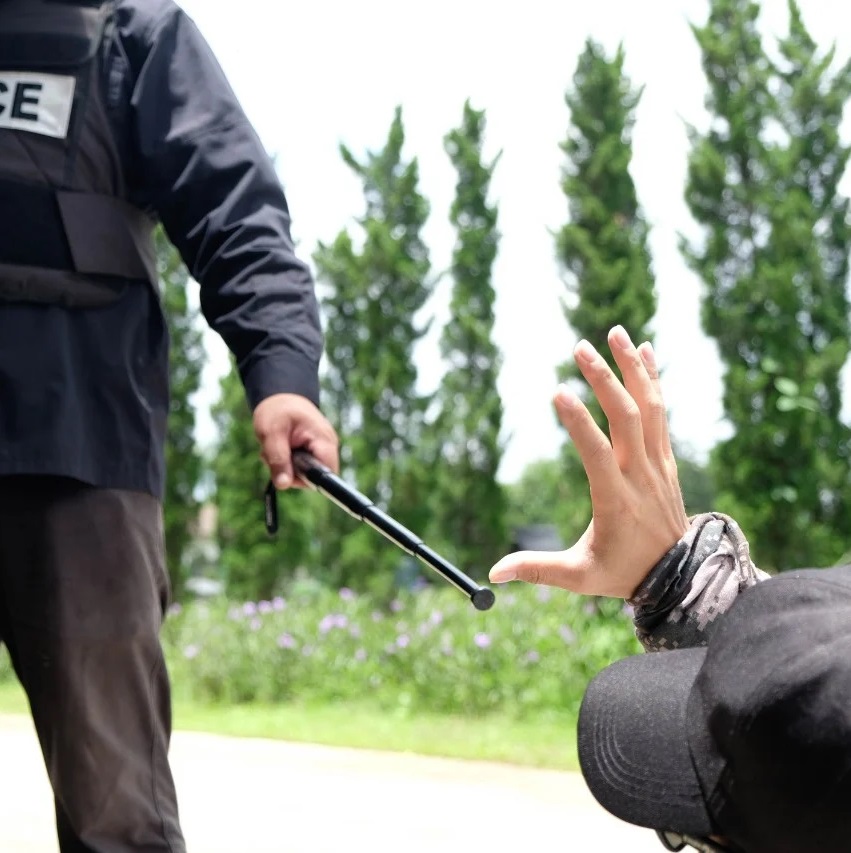The Four Stages of a Standard Excessive Force Lawsuit

As in the case of so many other areas of law and indeed, politics, until you're in a situation yourself whereby you're compelled to find out everything you possibly can about a particular subject area, there's a high chance that you have never given it a moment's consideration in the past.
Representing a case of excessive force from one or more police officers or indeed, other members of law enforcement or professionals in other areas, is usually broken down into four main stages, as follows.
1. The Investigation Period
During the initial investigation period, there will be two burning questions which you will be systemically trying to find answers to, and then trying to provide evidence for along the way;
- Is there a criminal case pending?
- Did the excessive force result in death?
The pre-suit period should be allocated the right amount of time to suit the individual case, with the only exception being if you are, or else are one of, the excessive force attorneys who are working with a statute of limitations.
2. The Intensive Legal Research
The other initial aspect of an excessive force lawsuit which commences immediately after such a case has been taken on is the intensive legal research required.
When looking at the Fourth Amendment issue, make sure that you're not just looking into cases in a too-specific time period of similar outcomes as you may well miss one or more court pronouncements in the process.
Additionally, ensure that you take the instructions for the jury into consideration before you even start to write the pleading, as it will be both informative and entertaining in equal measure.
3. To File or Not to Fille
As you will already be fully aware, everything hangs on the fact of whether or not there's a statute of limitations in place and if there's an issue in this area, the civil case will likely be necessary to be put on file even when a criminal case is still pending.
If you and your client are up against a statute of limitations and even if you're against your client providing a deposition while there's a pending criminal case, you may well have no other choice.
This is due to the fact that, often, even after a prolonged waiting period, the court eventually dismisses the case as there has been a failure to prosecute.
4. Important Things to Note Regarding Depositions
Finally, even the most seasoned lawyers will be fully aware of the difficulty in maintaining a friendly and approachable manner, especially as you are preparing to start court and there has been a problem with witnesses or indeed, the client themselves.
However, as in many other situations, both in a professional context and of a personal nature, how you appear, even if you are feeling entirely the opposite, when you encounter a stubborn police officer and difficult witnesses, the more relaxed and friendly you come across, the better.
839GYLCCC1992



Leave a Reply